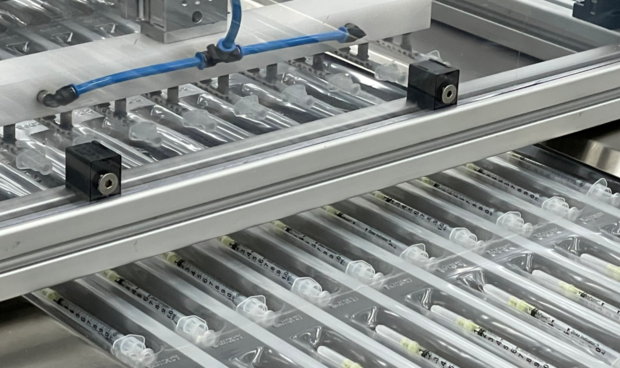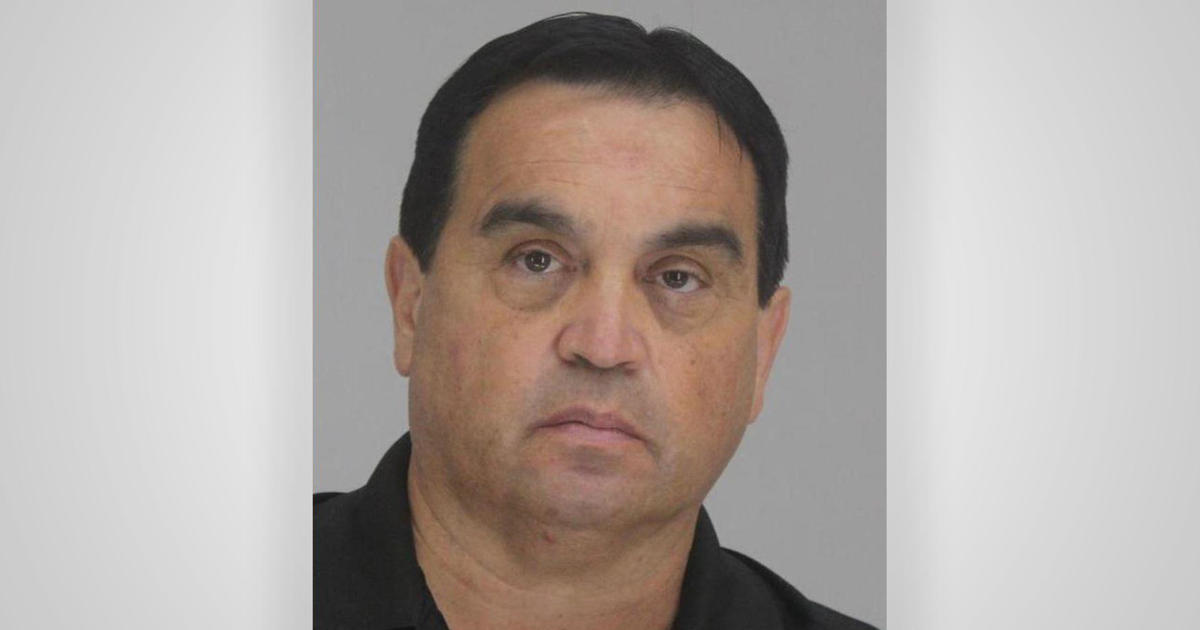Exclusive: Inside The North Texas Factory Making Syringes For COVID-19 Vaccines
LITTLE ELM, Texas (CBSDFW.COM) - Getting COVID-19 shots into Americans' arms represents the largest mass-vaccination program in U.S. history.
One of the keys to the vaccine, the syringes, are being made in North Texas.
CBS 11 recently toured the factory that's producing them.
Tucked away in a Little Elm neighborhood north of Dallas, workers at the Retractable Technologies Inc. manufacturing facility have been producing syringes, for nearly one year, that are used in Pfizer's and Moderna's COVID-19 vaccines.
Kathryn Duesman, Vice President of Clinical Affairs at RTI said, "We're a proud Texas company and we're happy to be able to not only serve Texans, but all Americans. We've supplied hundreds of millions of syringes and will continue to supply that."
The company's Vanish Point Retractable Syringes provide extra doses of the vaccine -- up to 20% more, compared to most other syringes.
RTI officials said pharmaceutical companies overfill the vials because most syringes have what's called dead space, which leaves extra vaccine behind that can't be used.
Duesman though said because of the design of RTI's syringe, it can retrieve the extra dose from the vial.
When asked how the technology has changed the vaccine program, Duesman said, "More people get shots, and that's what's so important."
Duesman, who's also a registered nurse, said the company's syringes are safer because the needles automatically retract after delivering the vaccine. "There's no chance for any healthcare worker or anybody to get stuck with that needle."
RTI's CEO Thomas Shaw invented this type of syringe after reading an article during the HIV crisis that a doctor was stuck with a contaminated needle and contracted the virus that causes AIDS.
He built the factory in Little Elm in 1996.
The company provided its syringes in 2009 for the federal government's vaccination program for H1N1, also known as the swine flu.
Duesman said in early 2018, U.S. Health and Human Services contacted RTI again.
"What kind of lessons did we learn in H1N1, how can we do better the next time and everybody knew there would be a next time, a public health emergency would happen. Nobody knew it'd be 2020."
Once the COVID-19 pandemic began early last year, the federal government reached out to RTI again.
Last May, the company received an $84 million contract for hundreds of millions of syringes and began shipping them in June. "I think the government was very forward thinking," said Duesman.
About 80% of the needles and syringes are made in China.
The rest are made in the U.S.
Duesman said, "It's really a matter of not just healthcare security, but national security to have these right here made domestically and to be immediately available when the need arises."
RTI is now ramping up production of syringes even more.
The firm is in the process of building a second manufacturing facility on its site.
It's part of a $107 million investment -- half of it from the federal government, the other half from RTI.
The new assembly machines will be up and running this year, in half the time it would normally take, and provide the company with dramatically more capacity.
Duesman said, "It's going to be a great deal more that we're going to be able to produce, all the time, every year. More than double."
She said the federal government's investment in the company last year was critical. "That's something that wouldn't have happened without our partnership with the U.S. government."
They also credit the City of Little Elm, Denton County, and the State of Texas for helping them move quickly on the project.
RTI employs 186 people, nearly 50 more than in May of last year, and they are still hiring.
Manufacturers are preparing to provide the COVID-19 vaccine to children, and there's also some discussion on whether booster shots will be necessary in the months ahead.
Duesman said, "That's what we're preparing for. We understand, just again, we don't have the inside track from the pharmaceutical manufacturers, but we are preparing for the fact that there are going to be additional shots."
She said she and the company are happy they've been able to contribute to this necessary fight against the virus.
"The more shots in arms, the safer we all are, and the fact that we can get on with living our lives. Our syringes contribute to that."




